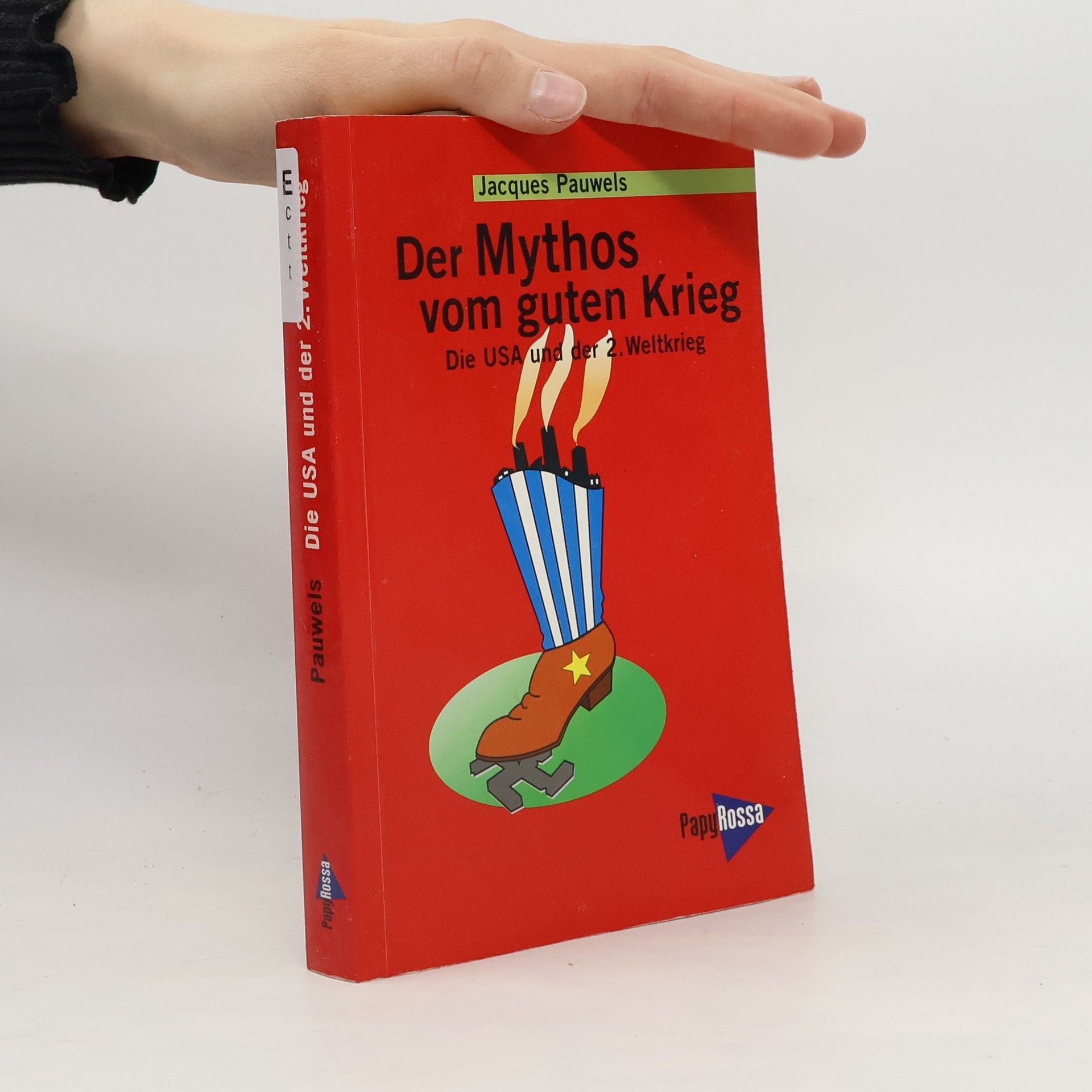Revisionist historian Jacques R. Pauwels challenges readers to reconsider what they know about some key events in the last 250 years of world history.
Jacques R. Pauwels Books



Der Mythos vom guten Krieg
Die USA und der Zweite Weltkrieg
Der Zweite Weltkrieg ein großer amerikanischer Kreuzzug für Freiheit, Demokratie und Menschenrechte? Ein guter Krieg also? Oder nur ein Krieg gegen den falschen Feind? Lange Zeit galt Hitler maßgeblichen Kreisen in den USA als 'gut fürs Geschäft'. Sie waren fixiert auf die 'rote Gefahr' und sahen im Antifaschismus antiamerikanische Umtriebe und Verrat. Durch die deutsche Kriegserklärung fanden sich die US-Machteliten dann unverhofft auf der 'falschen Seite' und im Bündnis mit einem 'falschen Alliierten'. Mit seinen reichen Früchten wurde der Zweite Weltkrieg aber trotzdem noch ein guter Krieg für sie. Als ein besserer Krieg erwies sich allerdings der Kalte Krieg gegen den ehemaligen 'falschen Verbündeten' und 'richtigen Feind', lieferte er doch die Begründung für gigantische Rüstungsausgaben mitten in Friedenszeiten. Mit dem Zusammenbruch der Sowjetunion konnte er schließlich das 'richtige Ziel' erreichen und sogar in einen perfekten Krieg verwandelt werden.
Mýtus dobré války - Amerika ve druhé světové válce
- 320 pages
- 12 hours of reading
Byla role Spojených států ve druhé světové válce v podstatě idealistická, křižácký boj za překonání temných sil německého fašismu a japonského militarismu? Byla to jednoznačně dobrá válka? Historik Jacques Pauwels tento ortodoxní pohled na americkou účast ve druhé světové válce zpochybňuje.... číst celé